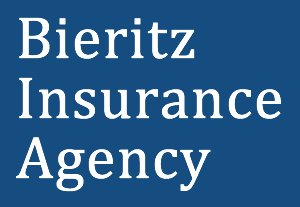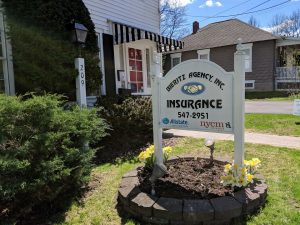Life Insurance: Term vs. Whole
 Life insurance isn’t a sexy topic, but at some point, it is one that most people have to think about. The question of what happens to your family in the event of your death is an important one to consider. This comes about sometimes after significant life status events – perhaps a marriage, the birth of a child or purchasing a home. Life insurance helps protect your loved ones in the event of your death. It can cover your funeral expenses, pay off your mortgage or provide resources to replace your income for a period of time. Two of the more prevalent types of life insurance are term life and whole life. Knowing a bit about the differences between these two types of insurance can help you to decide which might be the best product for your needs.
Life insurance isn’t a sexy topic, but at some point, it is one that most people have to think about. The question of what happens to your family in the event of your death is an important one to consider. This comes about sometimes after significant life status events – perhaps a marriage, the birth of a child or purchasing a home. Life insurance helps protect your loved ones in the event of your death. It can cover your funeral expenses, pay off your mortgage or provide resources to replace your income for a period of time. Two of the more prevalent types of life insurance are term life and whole life. Knowing a bit about the differences between these two types of insurance can help you to decide which might be the best product for your needs.
Term life insurance covers you in the event of premature death within the specific term of your policy which is usually set up with a term of 10, 20 or 30 years. Term life policies are typically straight forward – if you die within the term, the policy pays your beneficiaries the amount of your policy coverage. The premium amount and the payout remain at fixed amounts throughout the term of the policy. Because there is no cash value to the product and most people live through the end of their term, the premiums on this type of policy remains affordable (about 1/4 of the costs for whole life insurance). In some cases, term life can be converted to whole life coverage at the end of the term.
Whole life insurance is a form of permanent life insurance and includes an investment component. Your premiums are typically tax-deferred and the cash value of your policy grows with time. You can borrow against your account or cash out/surrender the policy in the future if you need to. The policy premium remains the same for life and the death benefit is guaranteed. Whole life insurance premiums are higher than term life, primarily because the benefit is guaranteed. It can provide for funeral costs, estate taxes, and more, depending on the amount of your policy coverage. Some policies can also earn annual dividends that can be re-invested back into the policy or taken as surplus income.
To learn more about which kind of policy might best suit your needs, schedule an appointment with our team at Bieritz Insurance. We are happy to look into options and provide you with the information to make a decision that makes the most sense for you and your family. You can contact us in Cooperstown at 209 Main Street, (607) 547-2951 or in Morris at 128 Main Street, (607) 263-5170.

